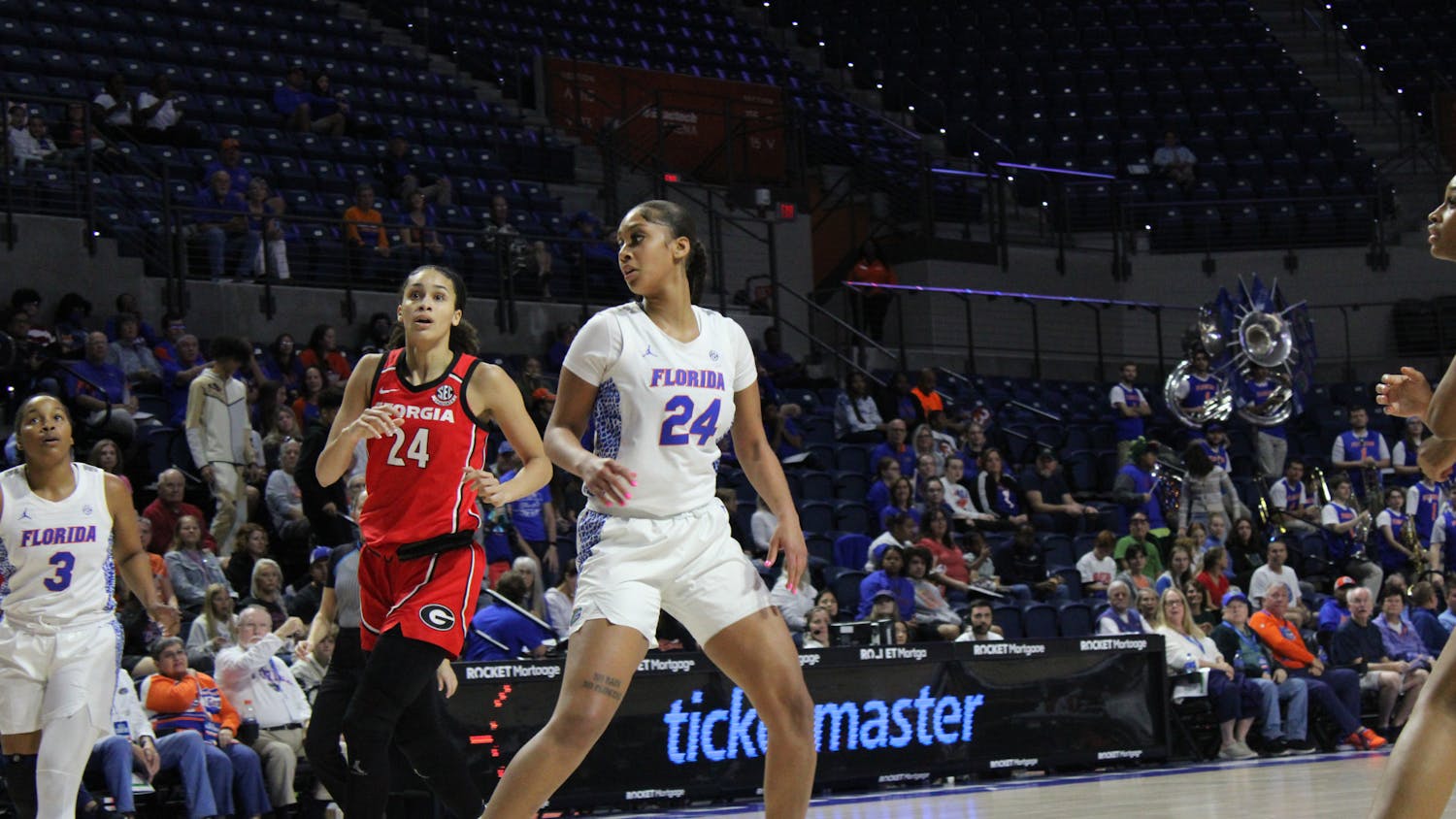Last week, celebrity profile writer Vanessa Grigoriadis interviewed rap superstar Nicki Minaj for "The New York Times" in an article titled "The Passion of Nicki Minaj." No big deal, right? Wrong.
This celebrity profile is making headlines because it didn’t go exactly as planned for Grigoriadis. After pushing Minaj too far, undermining her and implying that Minaj thrived off the "drama" that is going down right now between Minaj’s labelmate, Drake; her boyfriend, Meek Mill; her mentor, Lil’ Wayne; and her label president, Birdman, Grigoriadis found herself unceremoniously kicked out of the interview, with Minaj calling Grigoriadis "rude," a "troublemaker" and ending with the royal kicker quote: "I don’t care to speak to you anymore."
Ouch.
Honestly, if I were interviewing Minaj, I’d probably be too starstruck to do more than silently gape, stumble over a few questions about Minaj’s favorite things and end by stammering out a plea to be BFFs with her before fleeing the room in terror. But hey, I’ve never even seen a popstar in person before.
Grigoriadis is supposed to be an old hat at this celebrity profile thing. She has interviewed Taylor Swift, who she called "the good girl" and someone who spends time "wholesomely baking cookies" (I wasn’t sure whether to laugh or sigh), and Katy Perry before, among others.
Shouldn’t Grigoriadis have enough experience talking to superstar women by now to avoid the stupid mistakes she made, and admitted to making, in her interview with Minaj?
Celebrities abruptly cut off interviews all the time, whether to be petty, because they are offended or perhaps from boredom.
However, what happened with Grigoriadis and Minaj wasn’t exactly the same thing, and the article Grigoriadis put out about it gives less credibility to Minaj being as petty as Grigoriadis plays her up to be and more about how perhaps Grigoriadis was actually pretty rude.
On the first read-through, the first half of the article makes it clear that the writer clearly has opinions about the popstar that are less than positive, casting cheap jabs at Minaj’s Anaconda video as "frightening" and semi-insulting, of all things, and Minaj’s outfit at the VMAs as "a revealing dress that closely resembled the gold filigree on a china cup." In fact, Grigoriadis cites many times throughout the article the different outfits that Minaj has worn in the past, and her disapproval of them is barely hidden. I love hearing about what Nicki Minaj wears, but not through the lens of someone who seems desperate to drip sourness into every observation, you know what I mean? Throughout the article, Grigoriadis’ soreness over being kicked out of the interview leaked through a little too strongly for me to think she was just relaying everything with purely dry, objective journalistic integrity.
Grigoriadis also decided one possible reason Minaj ended the interview was because she was trying to maintain control of the situation, rather than because Grigoriadis was being rude. She implied that Minaj ended the interview because modern-day interviews are about "adoration, not interrogation," and any interview that didn’t heap praise at Minaj’s feet was one Minaj wouldn’t tolerate.
Of course journalism isn’t about adoration. But it’s also not about putting women down for things that men do, and it’s not about subtly undermining the accomplishments of others.
Grigoriadis made a classic mistake of internalized misogyny; she related Minaj’s power, position and identity as being validated and dependent upon the men in her life. Swerve. Minaj shut her down and rightly so.
Grigoriadis apologized in the article, and acknowledged her words as offensive, but that doesn’t change the deflective tone of her article.
Perhaps we can learn from this. Learn not to judge or evaluate a female popstar, or any woman for that matter, based on the men in their lives. Learn not to put other women down for the sake of putting them down. Learn that perhaps the best way to dig into the motives and life of a popstar is to NOT imply their message is about control and dominance rather than empowerment and expression. And of course, learn not to mess with Nicki Minaj.
Sally Grieder is a UF English and public relations junior. Her column appears on Wednesdays.





